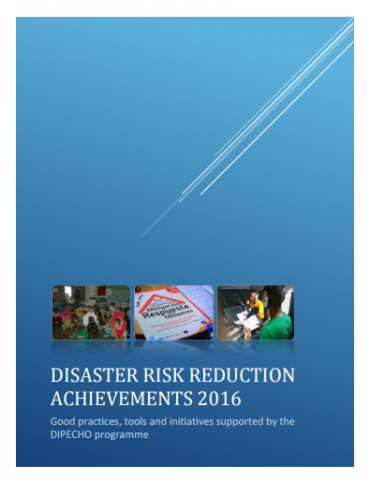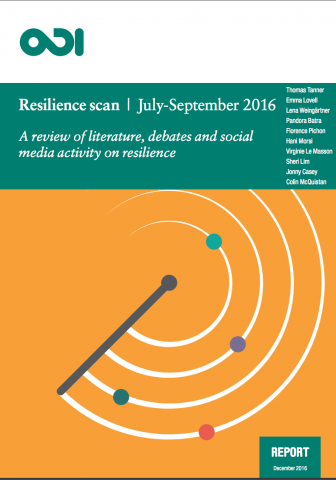What Practices Are Used to Identify and Prioritize Vulnerable Populations Affected by Urban Humanitarian Emergencies?
Individuals and organizations responding to humanitarian crises recognize the need to improve urban emergency response and preparedness – including the need to devise better methods for assessing vulnerability within urban populations. This systematic review represents the first ever attempt to systematically search, sort and synthesize the existing evidence in order to consolidate findings on the tools, […]


